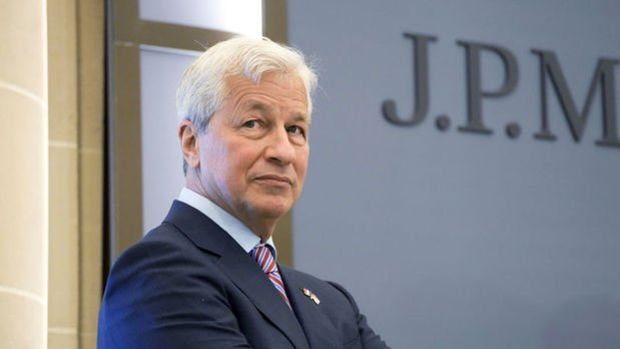JPMorgan CEO warns investors
JPMorgan Chase CEO Jamie Dimon said on Monday that it would be a “big mistake” to believe that while the U.S. economy is doing well, it will last for years. JPMorgan Chase CEO Jamie Dimon said on Monday that it would be a “big mistake” to believe that while the U.S. economy is doing well, it will last for years. Speaking at a financial conference in New York, Dimon said healthy consumer balance sheets and rising wages were supporting the economy for now but there were risks ahead. The executive said his main concerns include central banks reining in liquidity programs through “quantitative tightening,” the war in Ukraine and governments around the world “spending.” “To say that the consumer is strong today, that means you’re going to have a thriving environment for years, is a big mistake,” Dimon said. Dimon warns The tightening of regulation that followed the collapse of some regional U.S. banks after rate hikes continues to be a target of JPMorgan CEO Jamie Dimon. Dimon criticized the strict rules that provide more capital buffers for the US banking sector and were announced to the public in July, saying, “I would love to know what the regulators are trying to achieve with this.” Speaking at a conference organized by Barclays, Dimon said the new regulations were “very negative” for US banks compared to their international competitors and argued that the new rules would make it impossible to invest in banking stocks. Also implicitly criticizing the Fed, Dimon said, “The central bankers were the ones who said that interest rates would not go up in the world. If I were them, I would be a little more modest about this.” Dimon, who has been criticizing the new regulations for a while, argued that these rules would make it harder for banks to provide housing or SME loans. On the other hand, other trends are also developing against banking. Speaking to Bloomberg TV, Kyle Bass, Founder of Hayman Capital Management, said that the US banking sector will lose hundreds of billions of dollars due to changing workplace trends and rising interest rates. Bass predicted, “Over time, US banks will lose $200-250 billion by staying in the office.”


